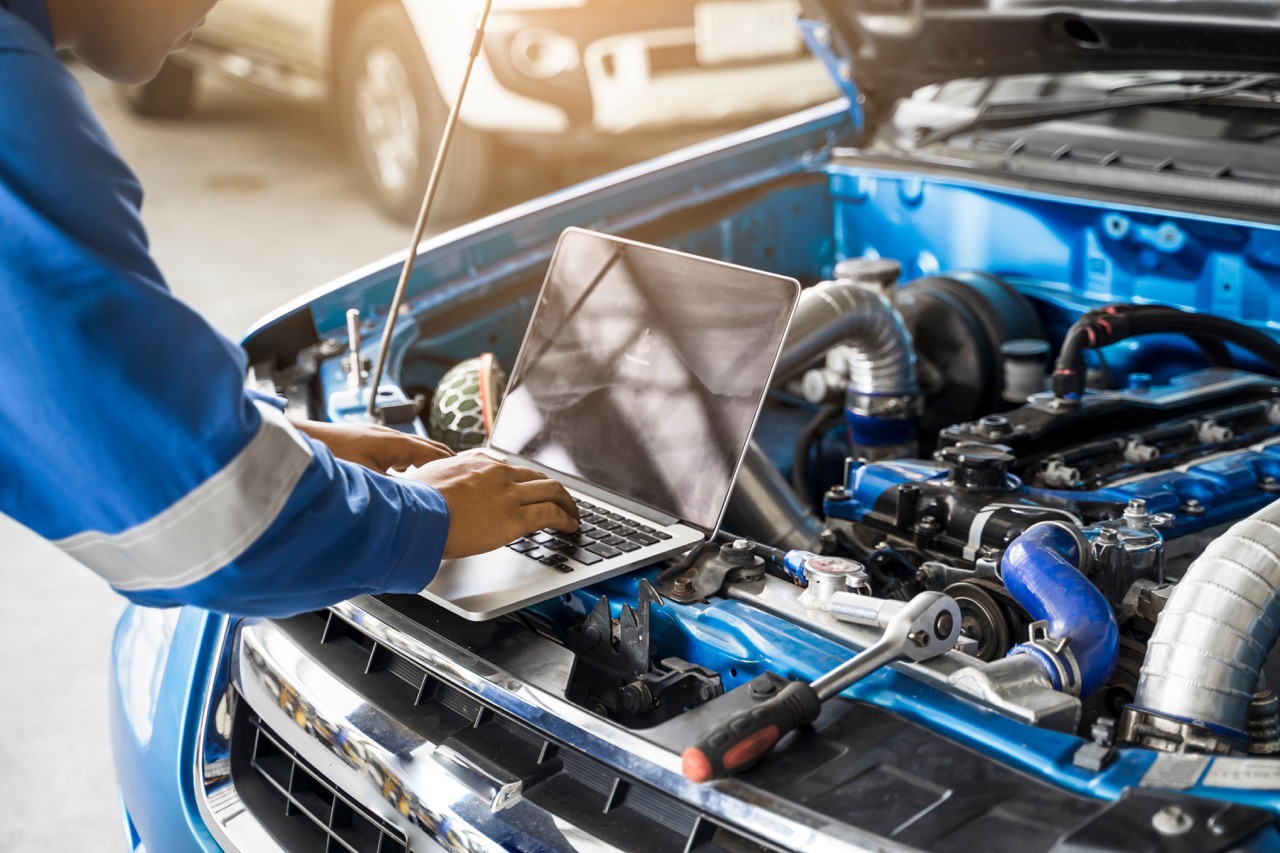
We’ve all been there before: your car starts making a faint, funny sound and you start praying it will go away on its own and turn out to be nothing. The next thing you know, you’re broken down on the side of the road or stuck in the driveway when you should be leaving for work. The best way to avoid breakdowns is to learn what the most common engine problems are and how to recognize them before they get too out of control.
Ignition Problems
If your engine will crank or even turn over, but won’t start, you could have an ignition problem. This can be caused by a faulty spark plug or spark plug wires. If there is no spark being produced or if the timing on the spark is off, the fuel in the engine won’t be able to ignite to provide combustion.
Fuel Problems
If your car will start, but stalls shortly thereafter, you may be having trouble getting fuel to the engine. Fuel problems can be caused by anything from a bad tank of gas to a faulty fuel pump or filter. Some components of the fuel system will need to be replaced periodically and some can malfunction if they become clogged by contaminated fuel or other impurities. If the air intake is blocked, this can cause a fuel problem as well. The engine may be getting enough fuel, but if there’s not enough air, it won’t be able to ignite.
Compression Problems
If your car is running but has a reduced level of power and performance, you may have a compression problem. The engine requires just the right amount of compression in order for combustion to occur at the right strength and frequency. If there is a compression leak anywhere in your engine, this will cause it to lose compression and will interfere with combustion. Some common causes of loss of compression include worn piston rings, a faulty head gasket, improper sealings on intake or exhaust valves, or a hole in a cylinder.
If your car won’t start or is running poorly, it means there’s a problem with the engine, but it doesn’t mean this is where the problem started. If any of the systems that support the engine have an issue, it can cause your car to stop running. A dead battery, blockage in the exhaust system, or a faulty ignition are just a few examples of things that can go wrong outside of the engine that can cause your car to quit running.
If you have any questions about engine repair or other vehicle issues, please contact the team of expert mechanics at Master Muffler Kearns today!
Related Posts
Key Takeaways On average, passenger vehicle tires last 40,000 to 60,000 miles, depending on type, driving habits, and maintenance. Replace tires when tread depth reaches 2/32”, if damaged, or older than 10 years. Regular rotation, alignment, and proper inflation extend tire life. Aggressive driving, poor roads, and harsh weather shorten tire lifespan. Take advantage [...]
When you think about car maintenance, you probably focus on oil changes, tire rotations, and maybe even brake pad replacement. But what about your brake fluid? If you’ve ever wondered, “What does brake fluid do?” or “Why is brake fluid important?”, you’re not alone. Brake fluid might not be the most talked-about part of [...]
Is that high-pitched squeal from your brakes driving you—and everyone else—crazy? Don’t ignore it. Squeaky brakes aren’t just annoying, they’re your car’s way of saying something needs attention. Whether you're cruising through Salt Lake City or winding up Idaho’s mountain passes, here’s what’s likely going on, how you can fix it, and when it [...]





